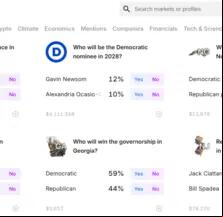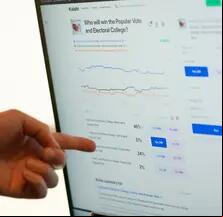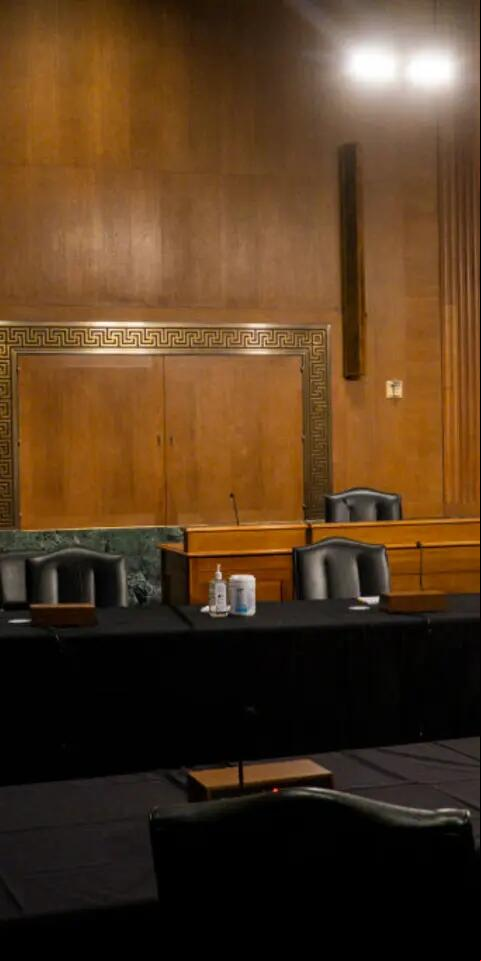Brian Quintenz, Donald Trump's nominee for chairman of the Commodity Futures Trading Commission (CFTC), finally had his confirmation hearing with the Senate yesterday. And it seems like the Kalshi board member will not stop prediction markets from listing their sports event contracts.
-
Image
This will be concerning news for states like Maryland, New Jersey, and Nevada, which are currently battling to stop Kalshi in federal court from offering its sports event contracts in their states on the grounds that it is illegal gambling.
What Is Quintenz's Stance On Sports Event Contracts
Senator Adam Schiff (D-California) was quick to ask Quintenz about his stance regarding sports event contracts. The California Senator's second question for the nominee was if he would stop operators from listing sports event contracts.

|
"Well, in my view, betting on the outcome of a sporting event looks like sports betting, looks like gaming, smells like gaming, sounds like gaming, there are winners and losers like gaming, it's probably gaming. And if indeed it is determined that these contracts do amount to prohibited gaming of violating tribal sovereignty and jurisdiction under the IGRA, will you require the contracts to stop?" -Senator Adam Schiff, D-California |
To be fair to Schiff, Kalshi has referred to its event contracts as gambling or betting, only recently, calling activity on its platform "trading". Quintenz stated that his CFTC would have any issues "resolved through Congress". Effectively ing the buck.
If there was a sliver of hope for state-level regulators in this hearing, it was the resurrection of a roundtable discussion on prediction markets.
California Senator Schiff asked Quintenz to commit to roundtable discussions with various stakeholders on the topic of prediction markets, to which Quintenz said, "I'd be happy to reschedule [roundtable]."
, these discussions were scheduled to be held in April but were canceled at the last minute.
Kalshi Is Not Worried
Almost as if celebrating Quintenz's successful confirmation hearing that will surely result in being confirmed as the next chair of the CFTC, they ran this ad during the NBA Finals.
Again, Kalshi is careful to say "trade" and not "gamble" or "bet" in this ad, fearing their legal troubles across the US would only grow. Currently, they've had court appearances in three states: the aforementioned trio of Maryland, New Jersey, and Nevada.
Arizona and Ohio have also sent the firm cease-and-desist letters; a firm win in any of the three previously mentioned states would swiftly create lawsuits in Arizona and Ohio.
Related News




Updates On Three Open Cases Against Kalshi
In Nevada, Judge Andrew Gordon has allowed the Nevada Resort Association to provide further briefings in Kalshi vs the Nevada Gaming Control Board. Including Kalshi's arguments in a related case in D.C., where the company pointedly called sports event contracts gaming.
Virtually the same occurrence happened in Maryland, where Judge Adam Abelson asked for more briefings from both sides before reaching a verdict. Judge Abelson also questioned the CFTC's exclusive jurisdiction over Kalshi, saying that exclusivity was relative to other federal agencies and not states.
New Jersey's Attorney General filed its opening brief against Kalshi, where it argued, much like Judge Abelson, that the CFTC's exclusive jurisdiction under the Commodity Exchange Act (CEA) does not include the state, stating: "the CEA has allowed the CFTC to regulate commodities trading. That trade has always occurred separate and apart from the state-by-state multi-billion-dollar gaming industry."




